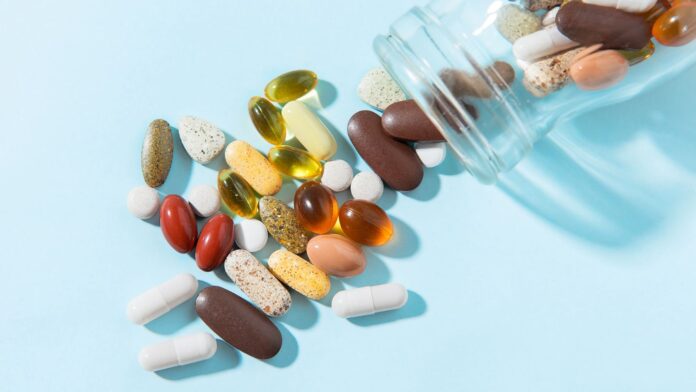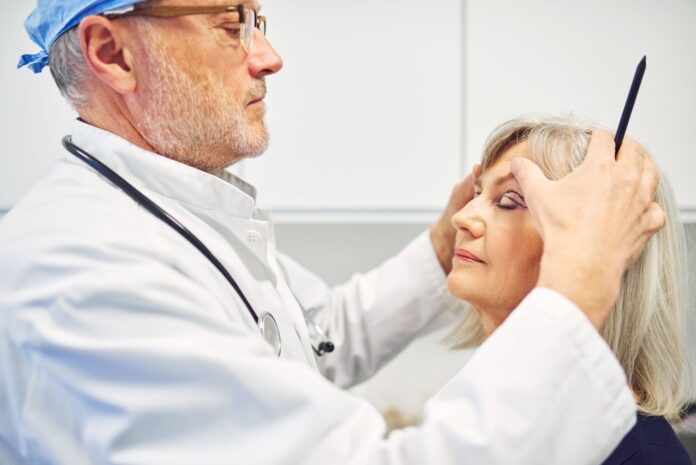The decision to go through plastic surgery comes with many perks. Besides improving your appearance, you get the confidence to face life and achieve personal objectives. The procedure’s success rate increases with the right clinic and a reputable surgeon. Also, your preparation efforts as a patient determine the results. This guide explains what every patient should avoid before plastic surgery.
Certain Foods
There are many foods and drinks that might compromise your plastic surgery. While the foods and drinks look healthy, some can negatively impact the procedure. Some fruits and vegetables, green tea, and beverages, alcoholic and non-alcoholic, can negatively impact the procedure. It is crucial to contact your surgeon, seek guidance and learn the foods to avoid. Talk to a nutritionist to understand your options and make informed decisions.
Certain Supplements

While supplements are vital in revitalizing your skin, some products can have negative impacts during your plastic surgery procedure. Avoid vitamin E, fish oil, and herbal supplements unless your surgeon approves. According to Dr. Joel Aronowitz, it is essential to consult a medical professional before buying or using any supplement as you prepare for your plastic surgery. Some supplements contain elements that can cause severe reactions and long-term side effects after surgery.
Smoking
You take an important step before your plastic surgery when you stop smoking. According to medical reports, nicotine can restrict blood flow and, in the long run, lower the amount of oxygen in the skin cells. When this happens, having complications during and after the procedure is easy. Besides limited blood flow, smoking can increase the risk of extensive scarring and poor wound healing. By stopping smoking, you lead a healthy and productive life after surgery.
Strenuous Activities
You should keep your body and skin relaxed before plastic surgery. This is not possible when you engage in strenuous activities. Limiting your workout sessions and other activities days before the procedure is vital. Also, seek medical guidance from the surgeon on the activities you can engage in and their limit. You avoid getting skin injuries that might compromise the procedure when you limit your physical activities.
Certain Medications
If you are on treatment and under medication, ensure your surgeon knows about it. Certain medications or treatments can negatively impact your plastic surgery. Seek guidance to learn the medication you can use before and after the procedure to increase success chances. By disclosing this information, you find it easy to get help, handle the procedure and get the best from your plastic surgery.
Not Disclosing Your Medical History

Your surgeon needs your medical history to provide the best plastic surgery services. When you fail to disclose crucial information about your medical history, it is possible to compromise the procedure. Be open and frank with the information you provide and work with the doctor to increase success chances. By checking your medical history, you get to address secondary medical conditions that can negatively impact your objectives.
Before your plastic surgery, it serves your interest to stick to protocol. This means avoiding things that might negatively impact the procedure. Learning what to avoid is, therefore, paramount in this case. This guide should help you achieve your plastic surgery objectives.
If you’re planning plastic surgery, you’ll want to make sure that your body is in good condition. This means avoiding anything that would interfere with healing after your procedure. While most surgeons will recommend certain things to avoid before surgery (such as smoking), there are other activities that can increase your risk of complications during and after the procedure.
Use of blood thinners
Blood thinners are medications that are used to treat heart disease, stroke and other conditions. They can increase bleeding during surgery, especially if you’re having a procedure that requires blood transfusion or more than one incision.
The risk of bleeding is higher for procedures done in the operating room versus those done on an outpatient basis (at your doctor’s office).
Taking aspirin, ibuprofen, or other medications that thin the blood
Aspirin, ibuprofen and other medications that thin the blood should be avoided for at least 7 days before surgery. If you are on blood thinners, you should not stop taking them without consulting with your doctor.
Drinking alcohol

You should avoid drinking alcohol for at least 24 hours before your procedure. Alcohol can impair healing, cause nausea and vomiting, increase bleeding (which could lead to anemia), increase the risk of infection, and even result in other complications such as stroke or heart attack. If you’re having a liposuction procedure it’s recommended that you avoid alcohol for one week after the procedure because it can cause fat necrosis–a condition where dead cells start to break down under the skin surface causing inflammation around them–which may lead to scarring if left untreated.
If you’re still unsure about whether or not it’s safe for you to drink while recovering from plastic surgery consult with your surgeon first!
Follow your surgeon’s advice to avoid complications during and after surgery.
- Follow your surgeon’s advice to avoid complications during and after surgery.
- Avoid eating or drinking anything that can interfere with anesthesia, including aspirin and other blood thinners, garlic and products containing caffeine (coffee, tea).
- Avoid smoking or chewing tobacco for at least two weeks before surgery. Nicotine slows down healing by affecting blood flow to tissues; smoking also causes bad breath, yellow teeth and gum disease — all of which can make you less attractive for photos in the operating room!
- Strenuous activity should be avoided for at least two weeks after plastic surgery procedures such as facelifts or liposuction because it puts extra stress on healing tissues. The same goes for sun exposure: both UV light from sunlight and tanning beds are known carcinogens that cause cancerous tumors in skin cells over time; so try not to get any sun exposure until your doctor gives you permission (which may be up tp 6 months after having gone under general anesthesia).
Conclusion
Don’t forget to ask your surgeon about any medications or supplements you’re taking. They may need to be stopped before surgery, and some can even interfere with healing after it’s over.




